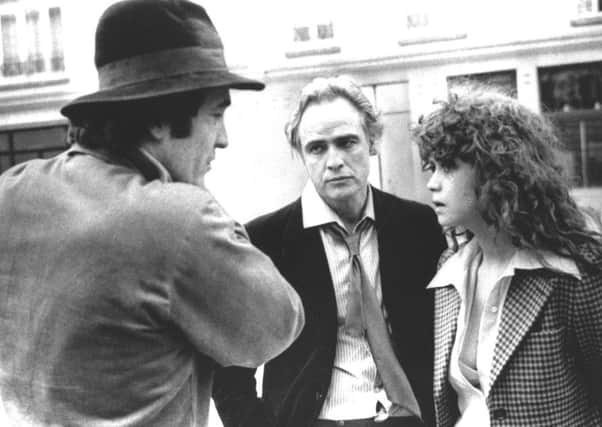Controversial Oscar-winner Bertolucci dies aged 77


Bertolucci’s press office, Punto e Virgola, confirmed his death yesterday. Italy’s state-run RAI said Bertolucci died at his home in Rome, surrounded by family.
Bertolucci’s films often explored the sexual relations among characters stuck in a psychological crisis, as in Last Tango In Paris, which starred Marlon Brando and Maria Schneider.
Advertisement
Hide AdThe self-professed Marxist also did not shy away from politics and ideology, as in The Conformist, which some critics consider his masterpiece.
His directorial credits also include Little Buddha and Stealing Beauty.
Despite working with A-list international stars, Bertolucci always defended his own filmmaking style against what he said was the pressure of the US film industry. He maintained critical success for most of his career, weathering the controversies that his sexually provocative work would stir up, and some commercial flops.
“When it comes to commercial cinema, I have the strange pleasure of feeling that I’m from another tribe, an infiltrator,” he told Italian daily Corriere della Sera in 1990.
He was honoured for lifetime achievement at the Cannes Film Festival in 2011.
Bertolucci’s movies also bore the imprint of the director’s own experiences in psychoanalysis. He always said that making films was his way of communicating with the audience. It was his personal language.
Advertisement
Hide Ad“Maybe I’m an idealist, but I still think of the movie theatre as a cathedral where we all go together to dream the dream together,” he said on receiving an award from the Director’s Guild of America for his 1987 film The Last Emperor.
That film handed Bertolucci his greatest success. In 1988 it won all the nine Academy Awards it had been nominated for, including best film and best director.
Advertisement
Hide AdThe Last Emperor – the first western feature film to shoot in Beijing’s Forbidden City – follows the life of China’s last emperor, from child-king at the end of the Qing Dynasty to war criminal and finally to an ordinary citizen in the People’s Republic.
It was filmed in the vivid style that was one of Bertolucci’s trademarks. It featured grandiose scenes and intimate moments, and a flashback structure typical of biopics.
Bertolucci was born in Parma on 16 March, 1941, the son of poet Attilio Bertolucci and his wife Ninetta. The family moved to Rome when Bertolucci was 13.
He was married to the writer and director Clare Peploe. They had no children.